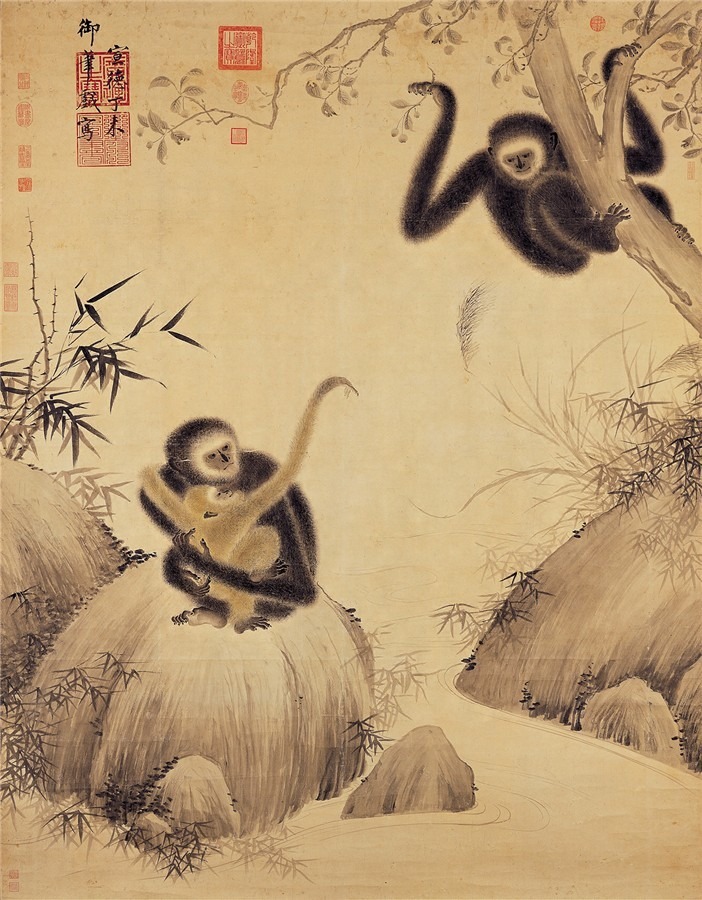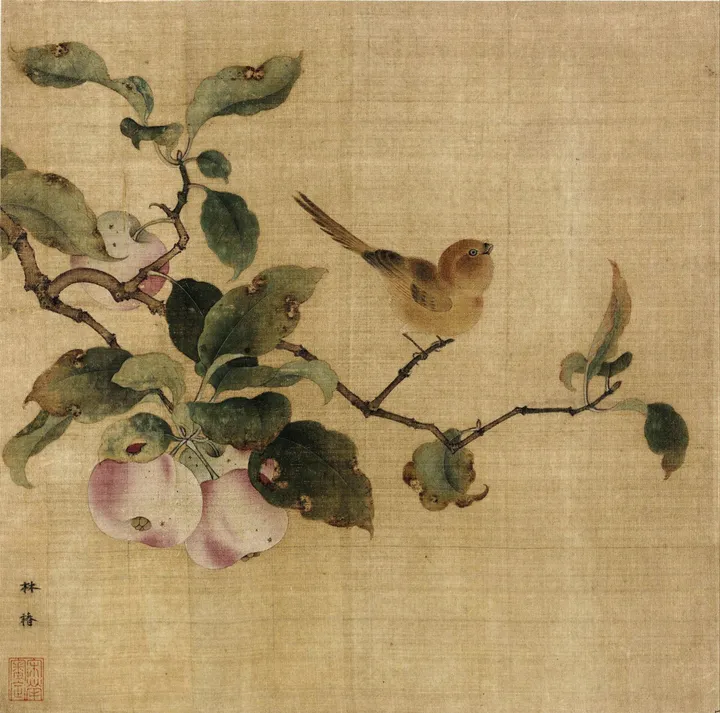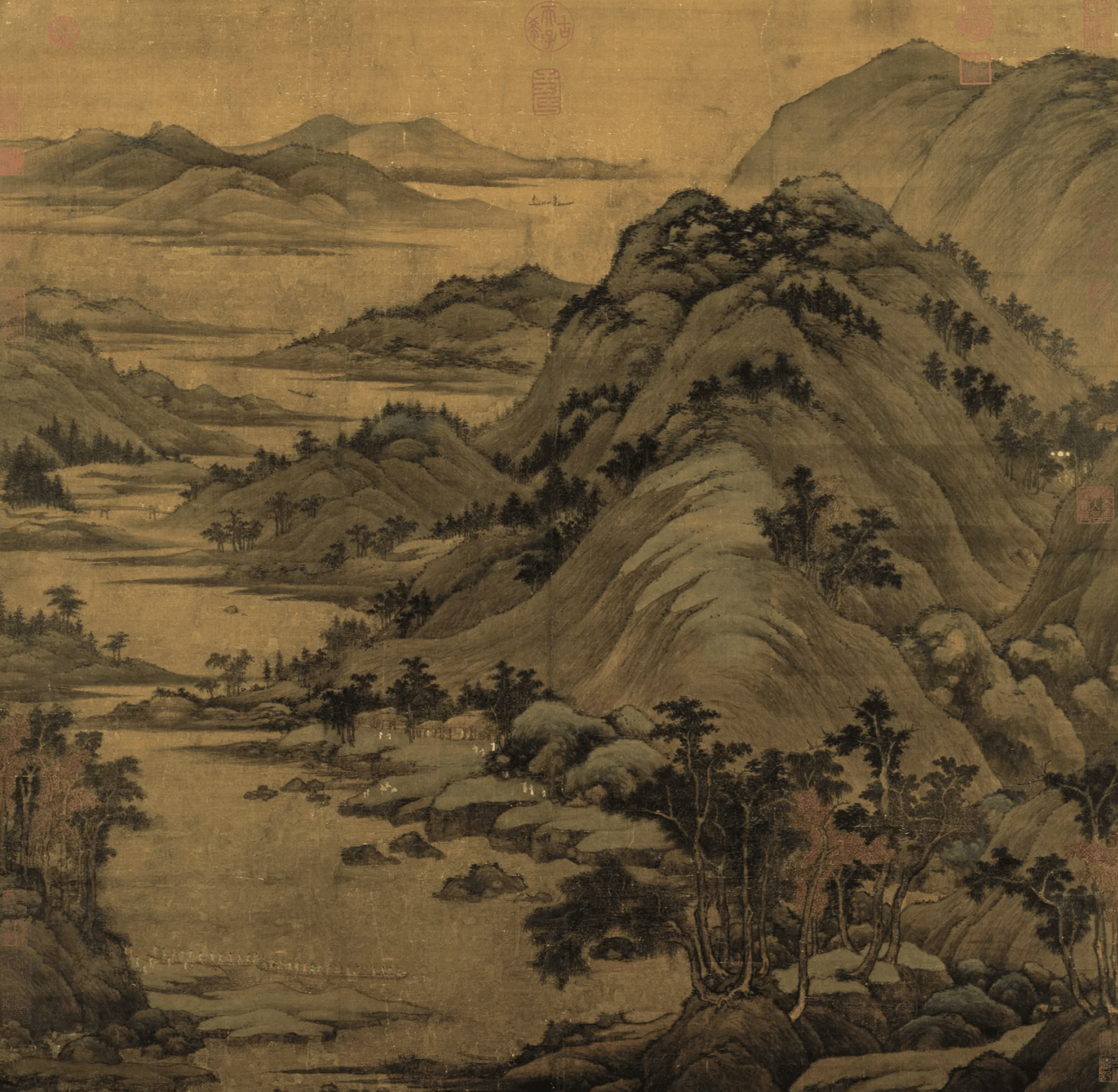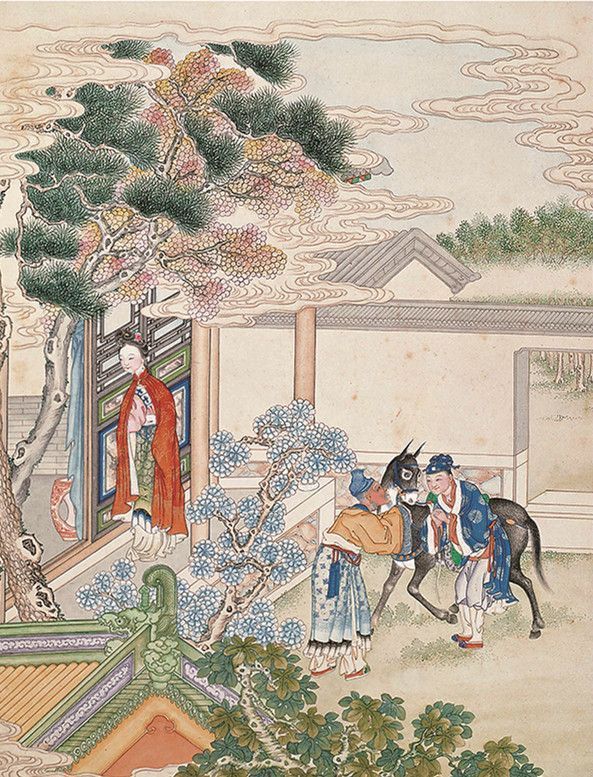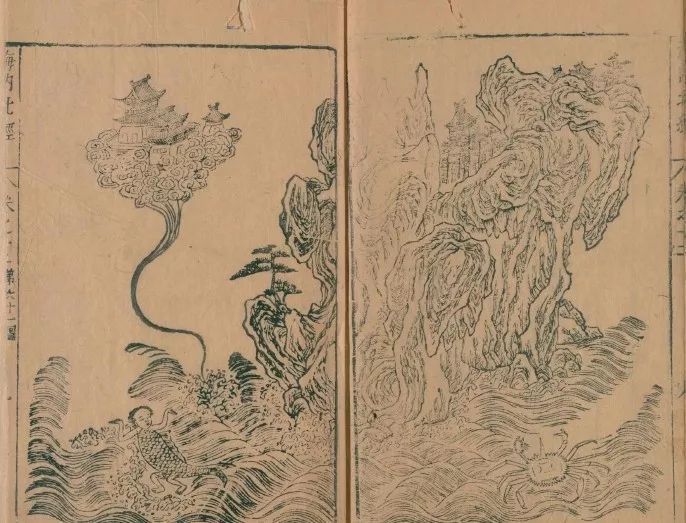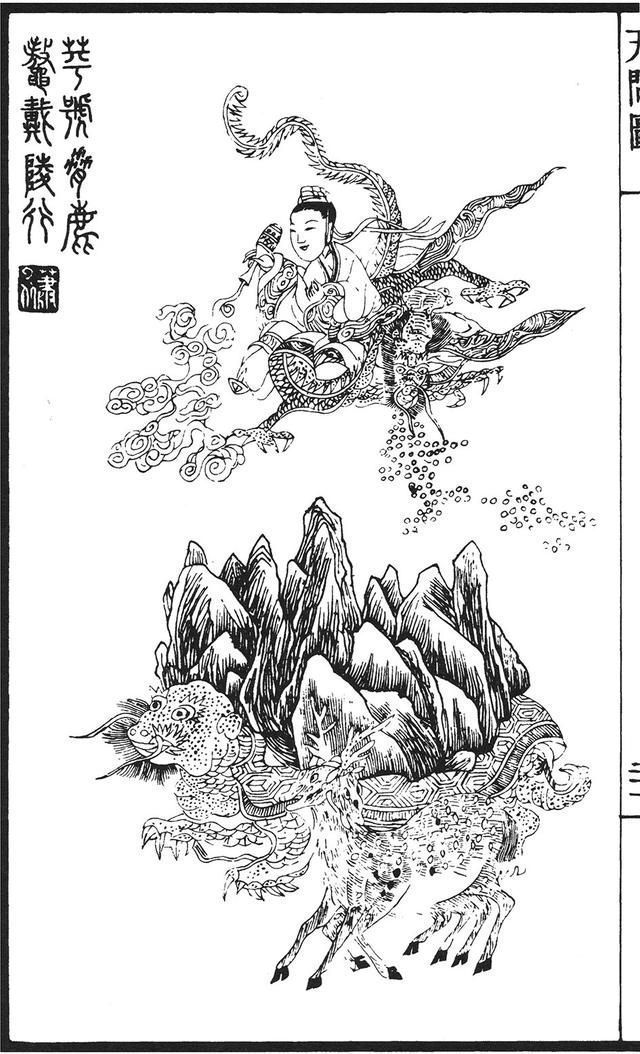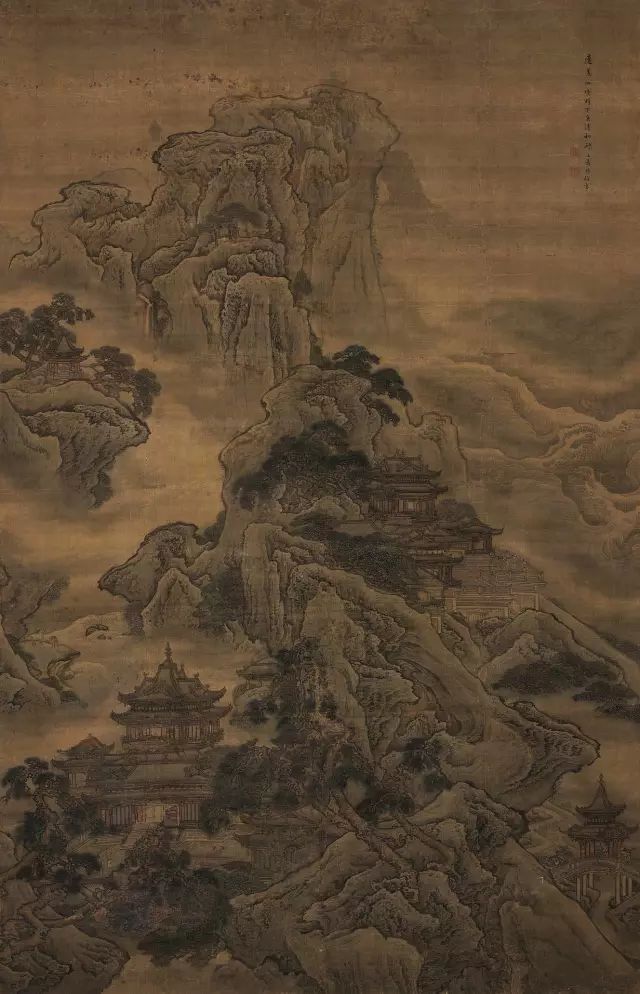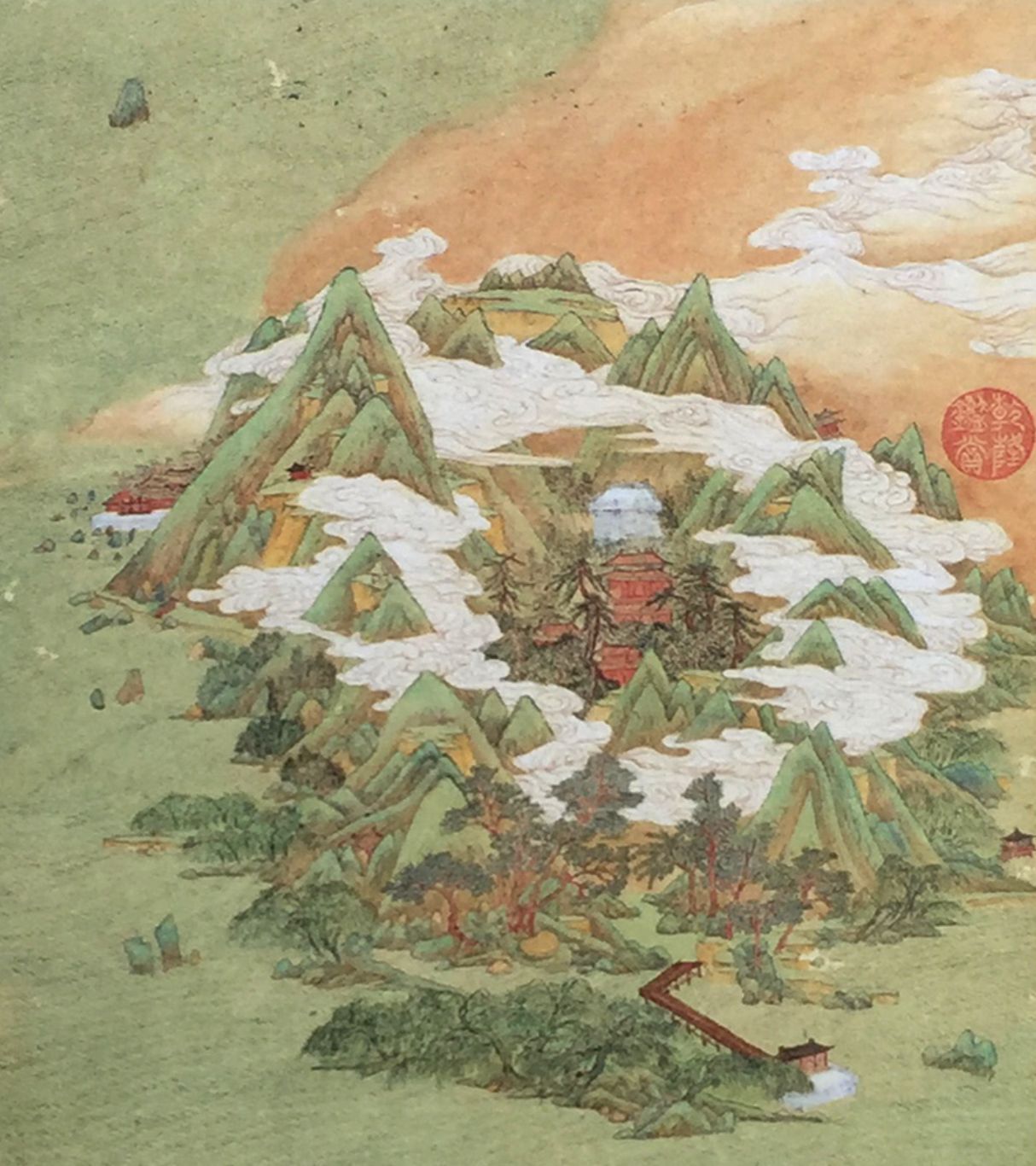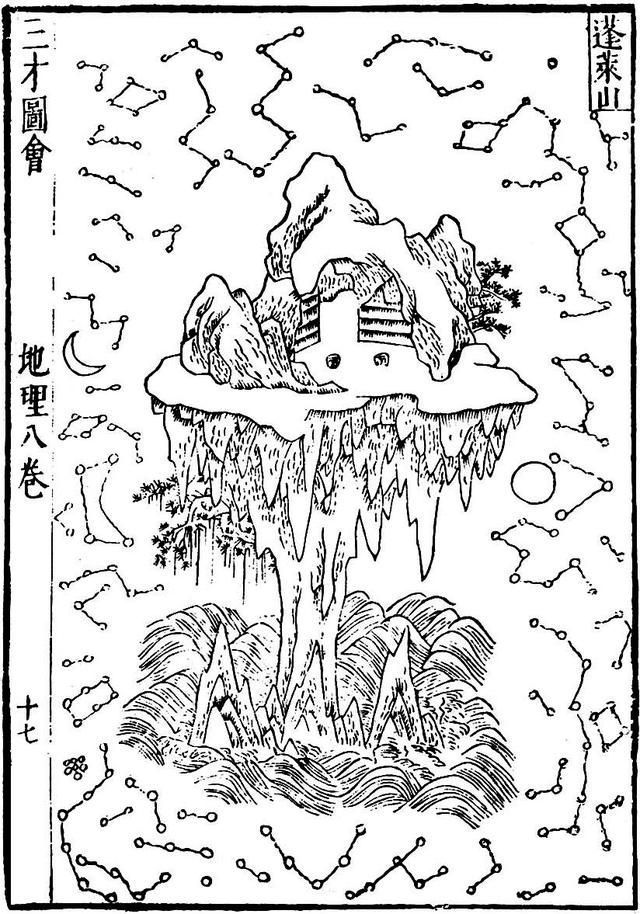The Immortal Child Brings Rain
A severe drought occurred in Guangdong, and Governor-General Sun Gong(孫公) prayed to the gods for rain, but it was ineffective. At that time, while he was inspecting Chaozhou, he saw over a thousand people gathered on a hill ahead. He sent someone to inquire, and the answer he received was, “Watching the immortal child.”
Previously, in Chaozhou, there was a villager surnamed Sun. His twelve-year-old son, along with a group of village boys, was playing on the hill.

